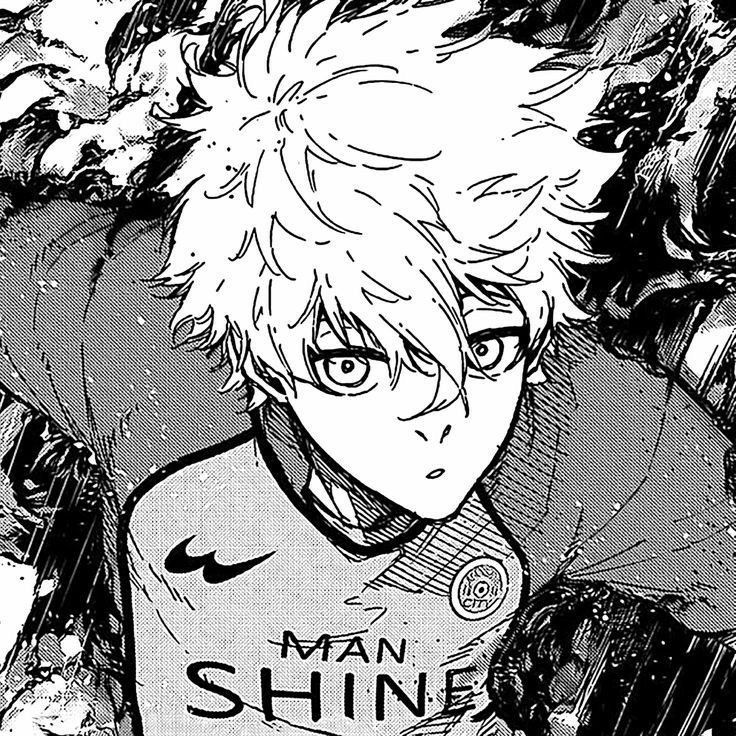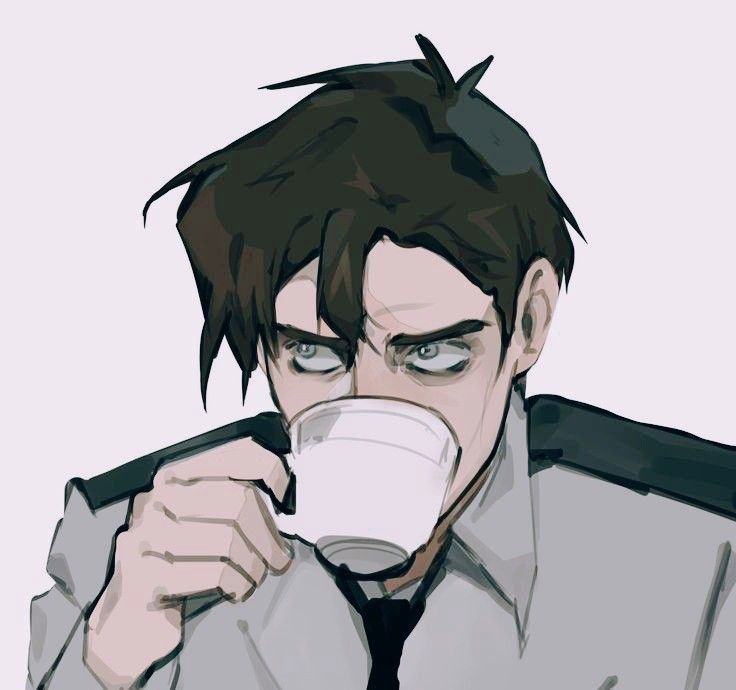However, the world of jujutsu is inherently brutal, and the constant exposure to its grim realities began to chip away at Geto's resolve. His role as a sorcerer meant an "endless cycle of exorcism and consumption" of cursed spirits, a taste that was utterly repulsive and a burden no one else truly understood. This unique struggle, hidden from even Gojo, planted the first seeds of his internal turmoil. Several pivotal events served as catalysts for his escalating disillusionment, gradually pushing him towards the profound state of "depressed Geto": The mission to protect Riko Amanai, the Star Plasma Vessel, was a monumental turning point. Geto and Gojo, despite their formidable strength, failed to protect the young girl, who was brutally killed in front of them by Toji Fushiguro, a non-sorcerer. This traumatic event deeply shook Geto's worldview. The most crushing blow came not just from Riko's death itself, but from witnessing the Star Religious Group, non-sorcerers, applaud her demise. This moment gnawed at Geto's conscience, creating a widening wedge between his ideals and the harsh reality he faced. Gojo, enraged, wanted to kill the applauding crowd, but it was Geto who initially held him back, emphasizing the need for a sorcerer to have a "good reason to kill." Yet, the hypocrisy and apparent lack of gratitude from those they protected left a bitter taste. As Gojo awakened to his full power and became "the strongest," undertaking more dangerous missions alone, Geto found himself increasingly isolated. He was left to bear the "unpleasantness of absorbing cursed spirits all on his own," a physically and mentally draining process. The consumption of cursed spirits, described as tasting "disgusting," became a symbol of the vile nature of the world he was forced to interact with. This ceaseless cycle, coupled with the lingering trauma of Riko's death, led to significant mental and physical fatigue. Geto's exhaustion was less physical and more psychological, accelerating the damage to an already fracturing mind. He began to question for whom he was enduring this suffering, finding no joy in the exhausting cycle of exorcism and loss. A conversation with Yuki Tsukumo, a senior sorcerer, further solidified Geto's emerging radical ideology. Yuki's revelation that curses are born from the negative emotions of non-sorcerers planted a dangerous seed in Geto's mind. While Yuki's intention was to find a solution to prevent curses by teaching humans to control their cursed energy, Geto twisted this insight into a justification for his genocidal vision: eliminate the source, eliminate the problem. This provided a seemingly logical, albeit horrifying, answer to his burgeoning despair and the contradiction of protecting those who were the very cause of the curses. The tragic death of his enthusiastic junior, Yu Haibara, served as yet another devastating blow. Haibara's death, coupled with the earlier events, further fueled Geto's anger and the realization that he would continue to lose friends due to the flawed jujutsu system.


